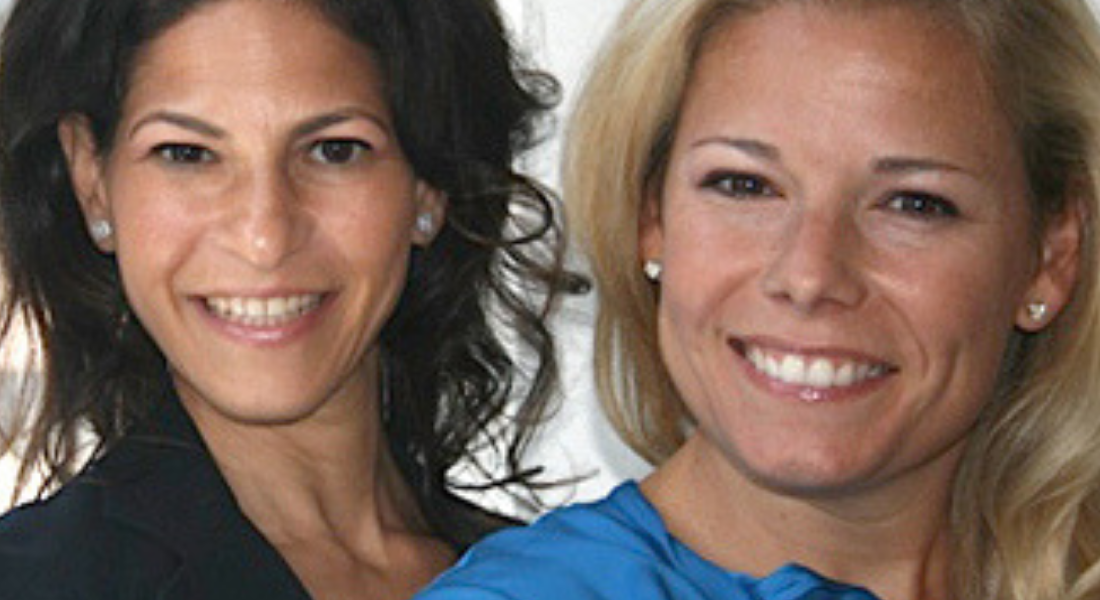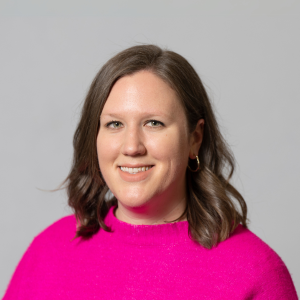This week, we’re delighted to welcome the first in the series of international guest blog posts. We’ll be hearing from fellow PRs and agencies from around the globe as they share insights on hot topics, industry trends and much more. This week it’s the turn of New York City-based PR firm Bazini Hopp.
Tell us a little bit about Bazini Hopp
Bazini Hopp is a New York City-based tech PR firm. With nearly 20 years of experience each, partners Liz and Karen are proficient in planning and implementing integrated communications programs for enterprise software and consumer technology companies alike. With a breadth of work across sectors – from mobile apps to back-end infrastructure – the duo helps startups as well as established brands attract customers/users, partners and investors.
How long have you been going?
Bazini Hopp recently celebrated six years in business.
What sectors/areas do you work in?
We are focused on technology companies – large and small, young and old. We have one client in the finance industry and their portfolio of companies is all growth stage technology businesses, but otherwise we’re all tech — digital media, consumer apps, fitness tech, digital music, social media tools, infrastructure, healthcare IT, etc.
What does an average day look like to you?
As with most PR firms, our days can really vary. First thing we do is read, read, read. We are always looking for news, current events, and trends that our clients can address in unique, educated ways. Whenever we see an opportunity for a client to chime in on discussions already taking place in the media, we first get the client’s approval to pursue the angle and then we get in touch with appropriate reporters as quickly as possible to offer them a different perspective on what they’re already covering. Rather than always promoting their own products or business, or “talking their book” as our investor clients say, we want our clients to comment as experts on bigger industry issues and trends.
If a client has a major announcement that day or week, we focus our efforts on that for the morning and leave the afternoon to handle the rest of our client work. While we both have a list of “to dos” for the week, our workday is often spent responding to requests and materials as they come in. We don’t like to keep our clients waiting on anything that we know we can turn around quickly. So if everything else on our list is not urgent, we respond right away to our clients’ requests. I can sometimes spend the day in straight “reaction mode” and not accomplish anything I had set out to, yet feel very accomplished and effective. I’d say that we, like most PR professionals, roll with the tide.
How do you think PR and comms differ in the US compared to the UK?
I personally think that PR in the US and UK differ less and less every year. Going back 5+ years, I remember we would find that stories we couldn’t place in the US would run in the UK. Often times these pieces were too self-serving for US reporters to run with but UK press would go with it. I don’t find that to be the case anymore. Both tech media markets want to hear from the users and customers of our technology clients — they want real world stories, concrete examples and data.
What’s the tech scene like in New York?
Thriving! NYC is now second only to Silicon Valley as far as VC funding in the tech sector (displacing Boston for the #2 spot a few years ago). As NYC’s legacy businesses — advertising, finance, media, publishing, fashion, et al. — evolve and embrace technology, the city is more and more a hot bed of tech activity. Ad tech has always been strong here, and that remains the case (and I know it’s really heating up in London as well), but some of the other industries were slower to digitize. That’s all changing and there’s a lot of innovation to serve and modernize the “old guard” businesses.
What are the big tech trends so far in 2015?
Fashion and retail continue to be somewhat-newer tech opportunities for us. Healthcare will see a lot of tech innovation and that will be the case for a while as there is so much work to be done in the healthcare industry in order to improve efficiencies.
Share this:





